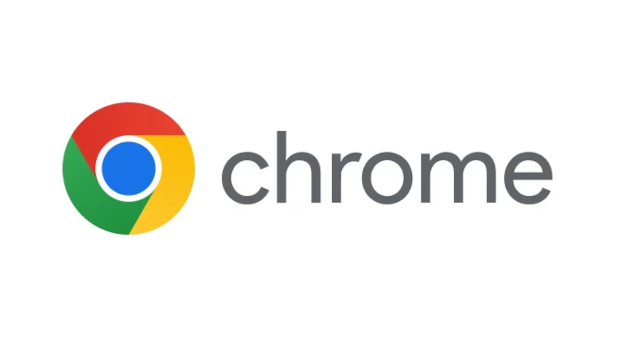
A Google break-up seems unlikely but Trump is an unlikely ally for the search outfit
Get rid of Chrome: that’s what the US Department of Justice (DoJ) has asked a judge to do, in effect splitting Google into two companies, one armed with the browser and the other holding on to the rest.
By owning Chrome, the world’s most popular browser, Google maintains an effective monopoly on Internet search, the argument goes.
In addition, the DoJ wants to ban Google from paying its annual $20 billion bung to Apple in order to be the default search option in the Safari browser, as well as similar deals.
“The playing field is not level because of Google’s conduct, and Google’s quality reflects the ill-gotten gains of an advantage illegally acquired. The remedy must close this gap and deprive Google of these advantages,” the DoJ filing states.
The DoJ’s intervention follows an August judgement that saw federal judge Amit Mehta declare Google paying to be the search default meant it “is a monopolist, and it has acted as one to maintain its monopoly”.
If this all sounds a little familiar that’s because the case, and judgement, echo the 1999 anti-trust finding against Microsoft which demanded the company be split up, only for this to be overturned on appeal.
What is interesting about the Microsoft case is that while the company was not broken up, it did have an impact: spending its time protecting its operating system and productivity software monopoly, Microsoft subsequently missed out on the next revolution: smartphones, and the consequent rise of the Web (or, if you insist, ‘cloud’) as the generic deployment platform for software (most so-called ‘apps’ are little more that wrappers for websites).
Microsoft’s once dominant Internet Explorer was wrongfooted and then undermined by smartphones because it was overtaken by smartphone-native defaults Safari and Chrome, with the end result that Internet Explorer was not fated to be the dominant window on the Web.
Of course, the Microsoft of today is hardly a shadow of its former self. In fact, it is worth more than ever, and while the rise of the Web as the front end for software defanged it on the operating system front – with Web-based apps, OSes matter less than ever – it still has complete control over significant sections of the enterprise software market, and is using this to push not only for subscriptions but as a lever to drive Azure cloud sales.
Still, the decline of Microsoft’s desktop monopoly, or at least the decline of its importance in the face of a technological shift, was important. In light of this, the question today must be: could Google be about to see its monopoly rendered similarly irrelevant?
Possibly. Google was certainly wrongfooted by the November 2022 launch of ChatGPT by OpenAI, and generative AI in general is a threat to search, which remains the source of the company’s profits.
It’s not as if Google has no AI product to flog, though, and despite a few missteps that seemed to stem from a rushed launch, its AI offerings Gemini and NotebookLLM seem more or less on par with everyone else’s.
Nor can the incoming Trump administration automatically be expected to be sympathetic to Google. True, Trump’s venture capital-backed regime is hardly going to be anti-business. However, despite being supported by a growing swathe of Silicon Valley figures, Trump has made no secret of his beef with the firm, accusing it of having a ‘left-wing’ bias and even threatening to prosecute it.
More importantly, plenty of the Silicon Valley stars, and their Wall Street backers, now falling over themselves to line-up and kiss the ring would be more than happy to take a slice of Google’s market – just as long as the way they get it doesn’t also fundamentally threaten their data-hungry business models.
Old-fashioned US Republican party support for the rights of businesses to do whatever they like, damn the consequences, may yet save the day for Google. But that would be a close shave indeed.








Subscribers 0
Fans 0
Followers 0
Followers